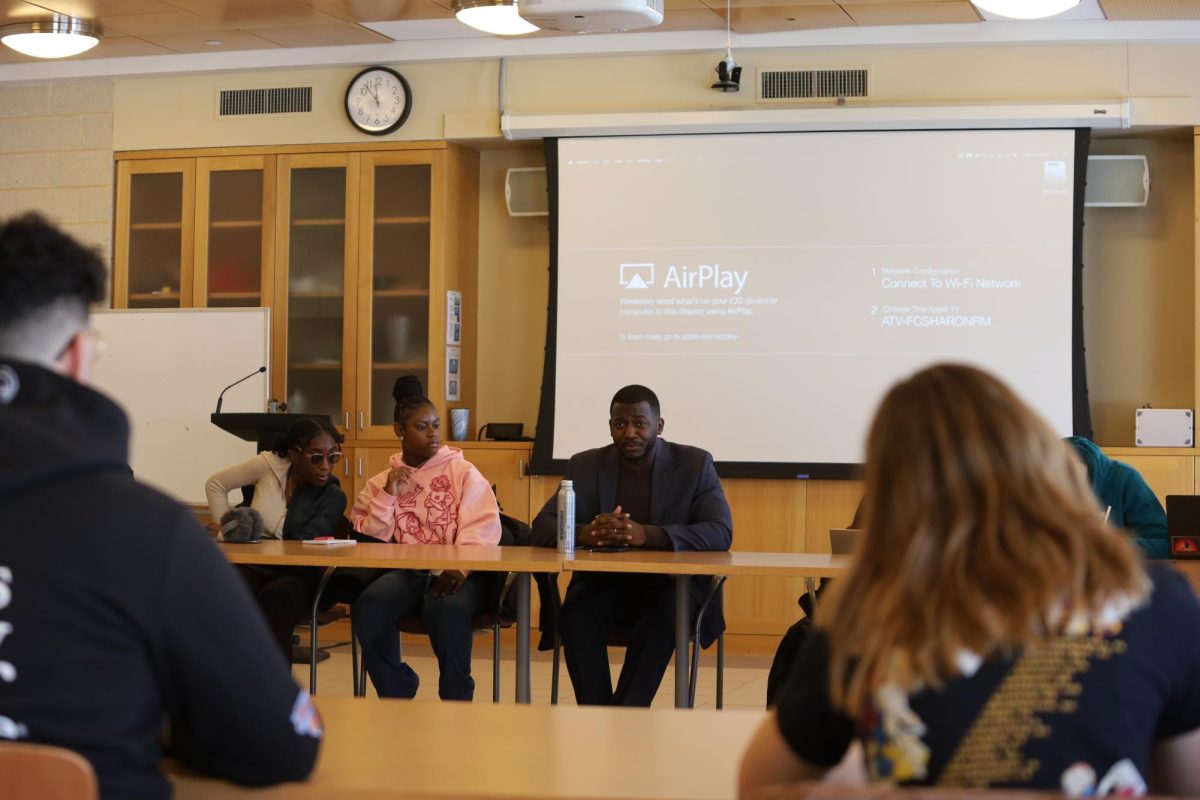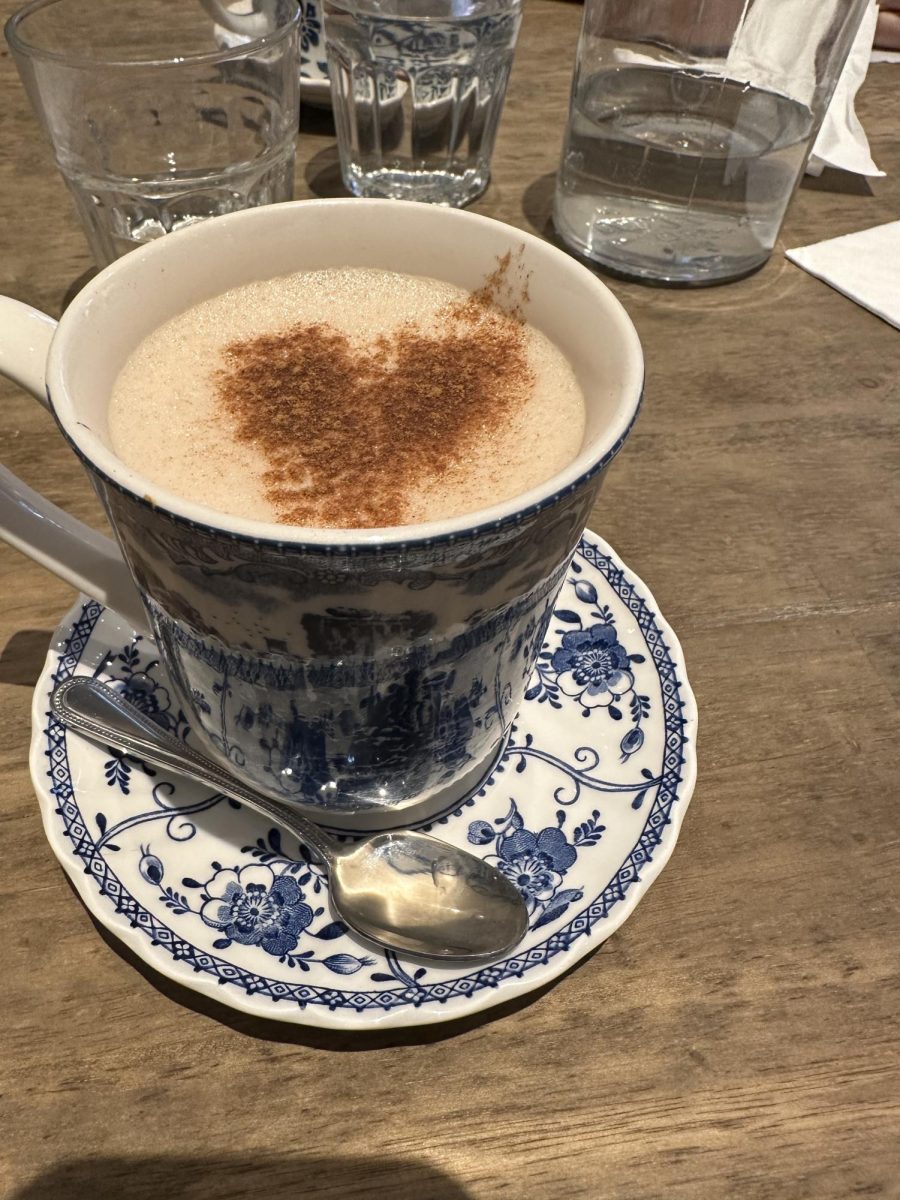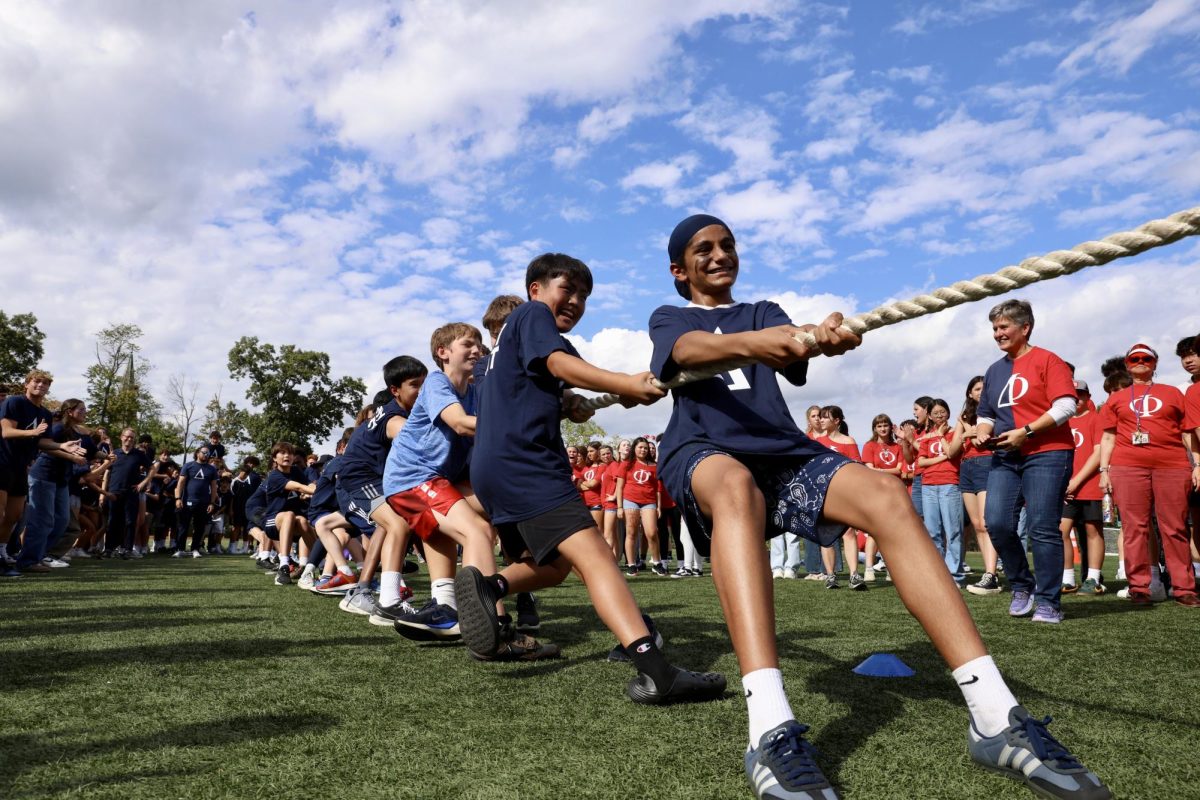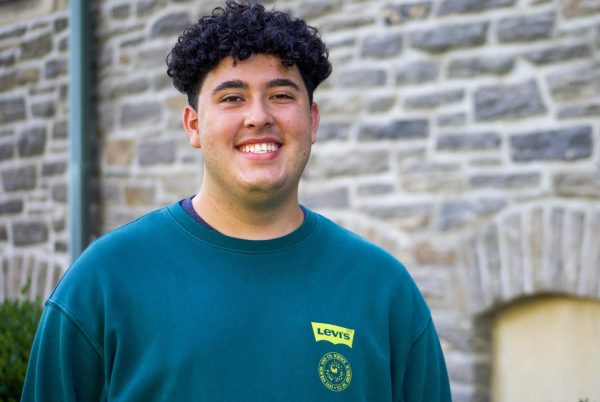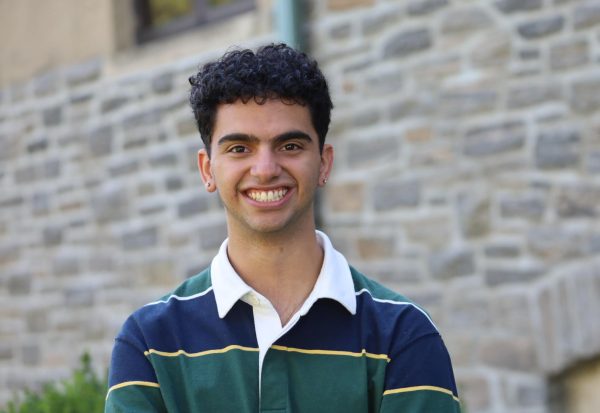Every day, Masters students practice Harkness. The goal is to sit at oval tables where we can clearly see one another, and build a space where we feel free to bring our authentic and unique viewpoints to intellectual class discussions. Our school curriculum is supposed to center civic discourse – yet the truth is that we are too often challenged by opinions that pose a threat to the community status quo. Though Masters hails diversity as a central pillar of the Masters mission, in reality, we lack diversity in thought and ideas. Our supposedly diverse community is often an all-consuming echo chamber that leaves little room for divergence.
Every year students and faculty come together to revel in the moving orations and ideas of Dr. Martin Luther King. This year, the community was urged to reflect on what it means to be part of a ‘Beloved Community.’ According to Dr. King, “At its core, the ‘Beloved Community’ is an engine of reconciliation.” Does being part of that reconciliation process mean that we must all agree on everything, or is reconciliation understanding that we can still be a beloved – and more importantly, united – community while still holding different thoughts, opinions, and viewpoints? Can we disagree while loving and respecting each other?
The answer is that we can – but too often we don’t. For a school so committed to diversity, it is telling that most expression of non-liberal, non-majoritarian political opinion is quickly ignored, suppressed, or even bullied. Somehow, Masters’ standard for kindness does not seem to apply to the students and alumni who fall outside of the accepted norm of political thought. Even the term “conservative” feels less like a benign descriptor and more like an insult when coming out of the mouth of a Masters student. There is too often an accepted orthodoxy at this school.
Our goal should be to become both a loving and truly heterodox community. To understand the concept of heterodoxy one must recognize its opposite, orthodox. An orthodox being one who conforms to established societal standards, cultures, and norms. Being heterodox isn’t necessarily about breaking societal norms, but rather straying away from herd mentality. Heterodoxy at its core is coming to an educated and thought-out understanding of your thoughts, with a free mind and free will.
This week with the announcement that the school will be bringing in an expert on helping students to better listen to each other, to think critically and to “understand that we all see the world a little bit differently,” is welcome news and was heartening to learn that the school administration is taking steps to help us break out of stifling orthodoxy and embrace intellectual heterodoxy. Turning away from having tough conversations holds us back from creating a truly beloved community. By bringing in experts to speak and educate on deep nuance and perspective, learning about how to have difficult conversations and about the heavily debated Israel-Hamas-Palestine conflict, from both Jewish and Muslim scholars, we will be taking a strong first step in re-educating our student body on how to analyze conflict with nuance and regard for all perspectives not just in this conflict, but in all other issues that may arise. Giving us these tools from professionals will hopefully spark change in the way we evaluate social conventions, domestic and international politics and policy, and allow us to evaluate crises from an educated, informed, and heterodox perspective as compared to an echo chamber of orthodoxy. We need to become less constrained by orthodoxy in our thought and learn to embrace heterodoxy.





